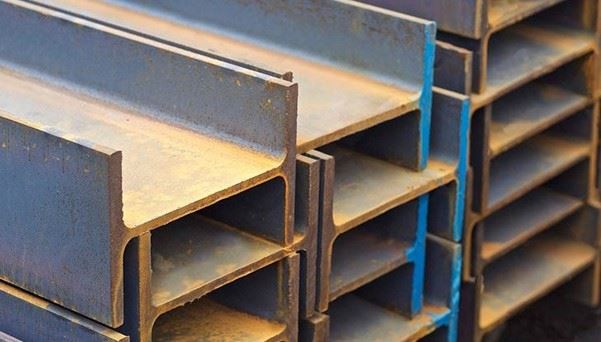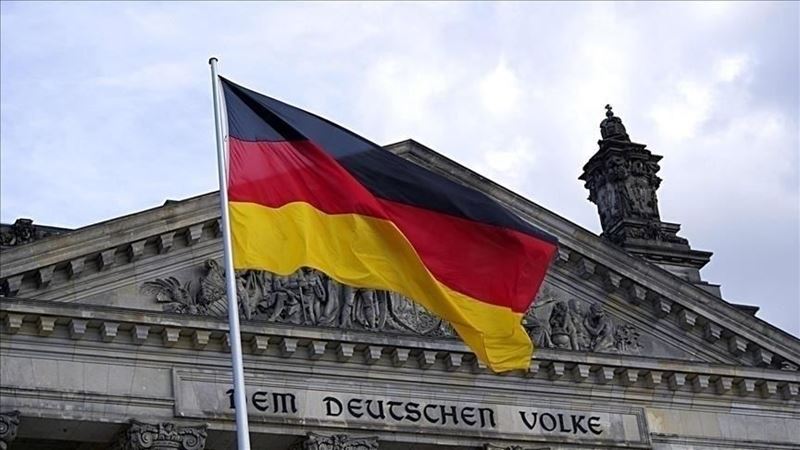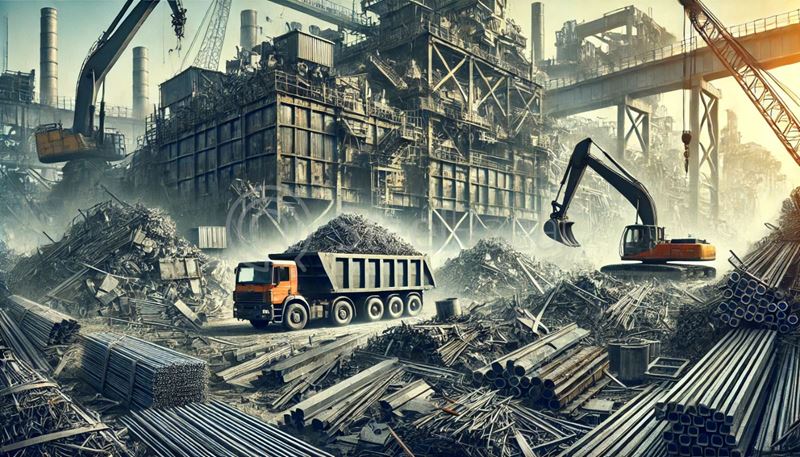According to the Korean Steel Association, in 2023, 38% of the H-profile steel imported to Korea consisted of KS non-certified products. This proportion rose to 45% in the January-May period of this year, marking an increase compared to the previous year.
These non-KS certified products often fail to meet local standards, exhibiting lower quality levels that can pose safety risks, especially on construction sites designed with KS specifications. Industry experts warn of mechanical differences between KS-approved and non-approved products, emphasizing that using non-tested non-KS products could lead to safety issues.
Authorities highlight that industrial accidents typically start with minor warning signs and stress the difficulties in ensuring structural stability when using non-KS certified materials, which could potentially lead to larger industrial accidents. The importance of adhering to construction quality management guidelines and using materials that meet KS-approved standards is underscored to maintain structural integrity and safety in the construction sector.
In conclusion, the significance of using materials compliant with KS-approved standards in the construction sector is crucial, while deviating from these standards poses risks to safety and structural integrity.









Comments
No comment yet.